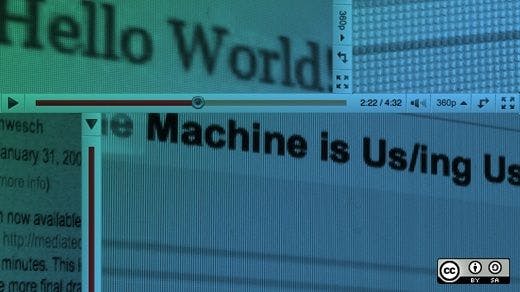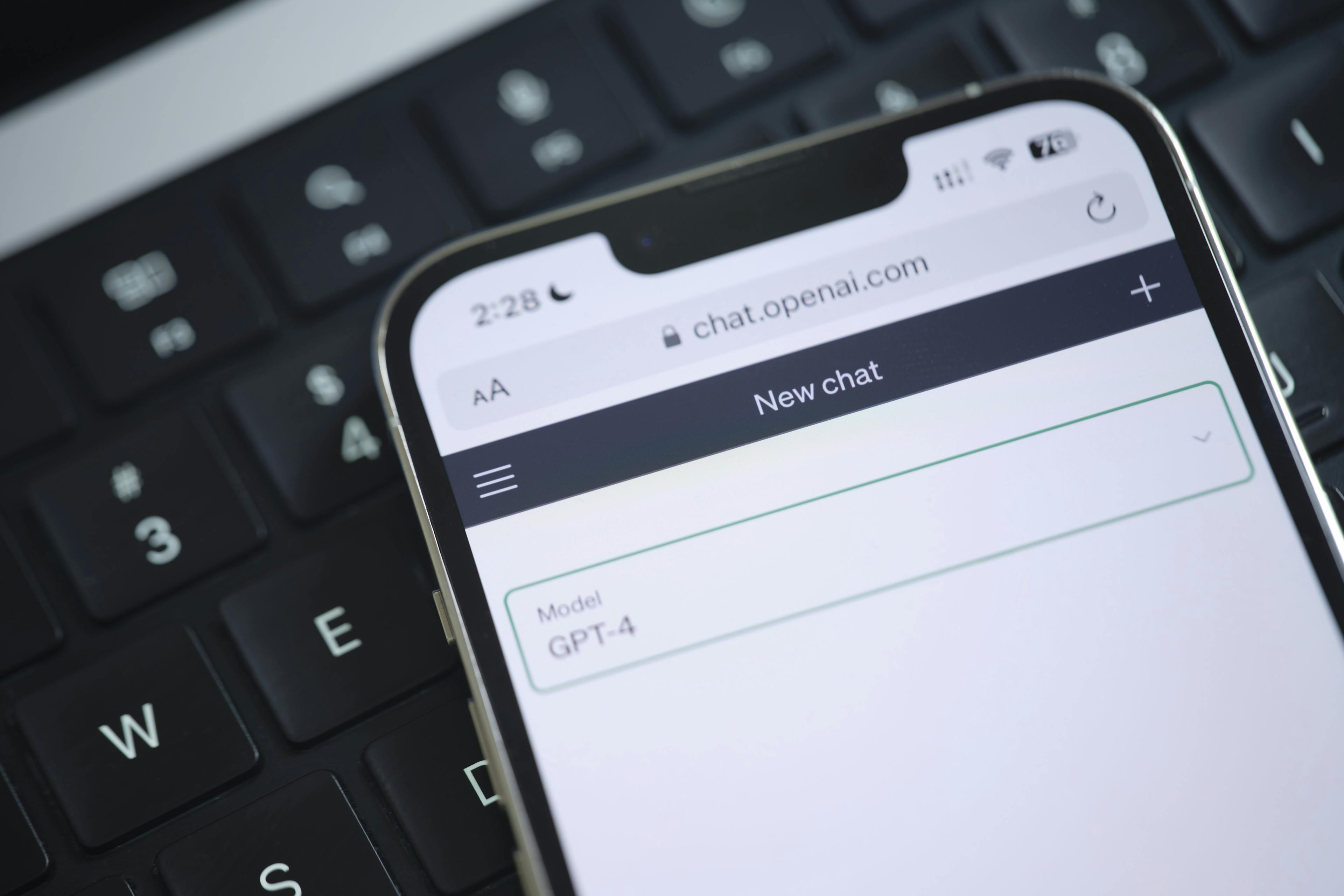Federal Court Releases its Decision in Voltage v. Doe
In late 2012, Voltage Pictures sued over 2000 filesharers for sharing copies of Voltage's films over Bittorrent. To identify the alleged infringers, Voltage had to file a motion asking the court to order an Internet Service Provider (ISP), Teksavvy, to hand over the subscriber identities linked to the sharing activity.
In early 2013, CIPPIC was granted leave to intervene in that motion. CIPPIC's interest in the case stemmed from its desire to (1) ensure that the test for disclosing identities associated with anonymous internet activity remains sufficiently robust to protect high-value speech, such as whistle-blowing and online criticism, and (2) ensure that copyright trolls did not set up shop in Canada, employing taxpayer-funded Canadian courts as tools in a shakedown scheme that has emerged in the United States and England.
The Federal Court's decision, released February 20, 2014, offers aggrieved copyright owners a carefully calibrated tool for seeking redress for good faith claims of copyright infringement while at the same time trying to slam the door on copyright trolls. The Court has asserted that these sorts of proceedings will go forward as a "specially managed proceeding", subject to robust judicial oversight designed to ferret out abuses, protect privacy, and deter profiteering in the name of copyright infringement.
- Decision: Voltage v. Does, 2014 FC 161
- CIPPIC Page on Voltage v Doe
- Copyright Trolls FAQ
- John Doe Lawsuits FAQ
- Copyright Law FAQ



